How To Train Your Small Dog
Before you decide to adopt a tiny furry buddy of your own, you probably should know how to train your small dog.
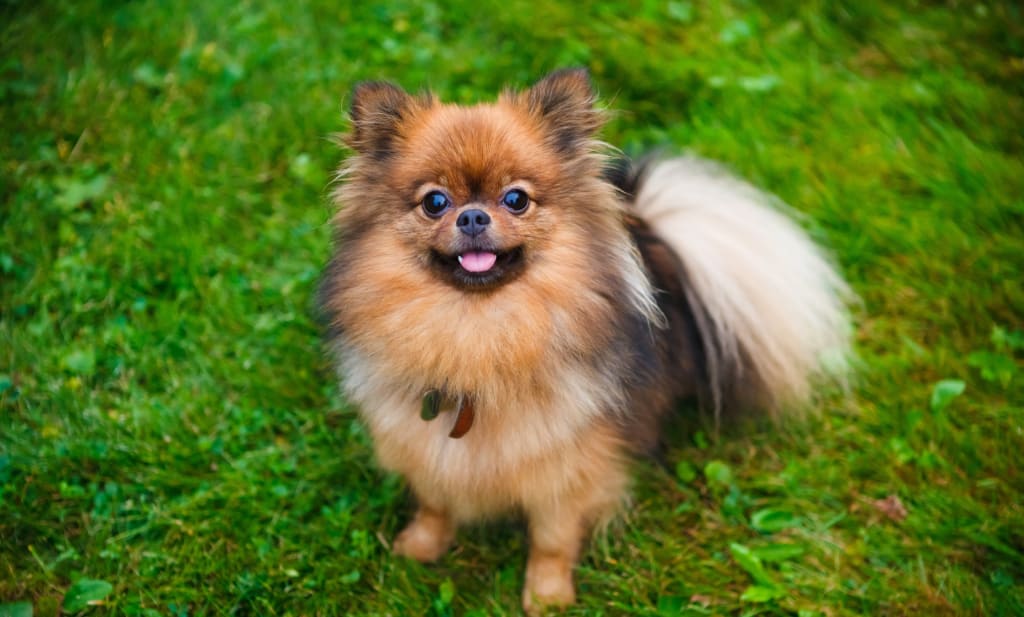
Having a dog can be one of the best decisions you make in your life. Dogs offer companionship, loyalty, and can even be party animals in their own right. However, before you actually get to reap the full rewards of having a dog, you need to train your dog.
Whether you realize it or not, much of training your dog will depend on the size of your dog. Traditional training always relies on consistently positive reinforcement and punishing bad behavior. That doesn't change — but how those concepts are used will.
This is particularly true with small dogs like Chihuahuas or Malteses. Before you adopt a dog, experts say that you need to have a general idea of how to train your small dog once Fido gets home. Here's some good tips to know about small dogs and training them.
Don't ignore training and socialization just because they are small!

The reason you need to know how to train your small dog is because having a trained dog matters!
Having a well-trained dog makes your life easier as an owner. They are easier to clean up after, will be less demanding, and will be far less likely to destroy household items.
Additionally, small dogs are not immune to the consequences of being improperly trained. If a small dog bites someone, they still may risk being put down — and you as a dog owner could be sued as a result. Moreover, if a landlord notices that your tiny pupper destroyed property, you'll still have to pay money for it.
So, yes, you need to train your small dog.
Positive reinforcement and negative reinforcement still matter.
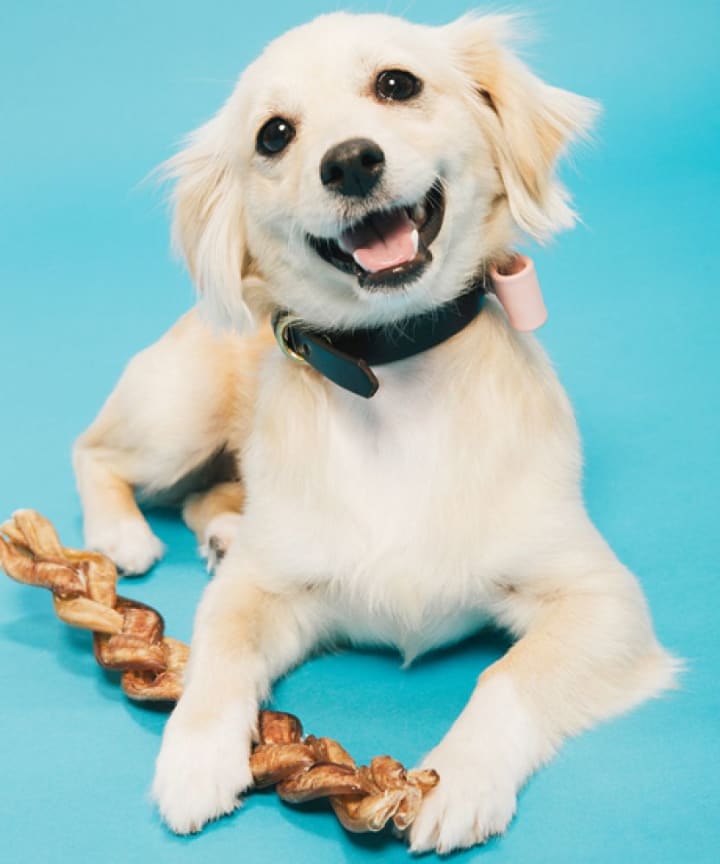
The bulk of dog training advice you'll find on the net will still be very useful with a small dog. In fact, traditional dog training is the best way to make sure that your dog understands the rules.
Giving your dog a treat as a reward will still work. Using a clicker as a "bridge" technique also will still work. Consistency is still just as important with large dogs as it is with smaller dogs.
So, for the most part, standard training procedures will be crucial to learning how to train your small dog.
However, there are certain things you need to be aware of when employing these techniques...
The key thing to remember when learning how to train your small dog is that positive reinforcement works way better than punishment.
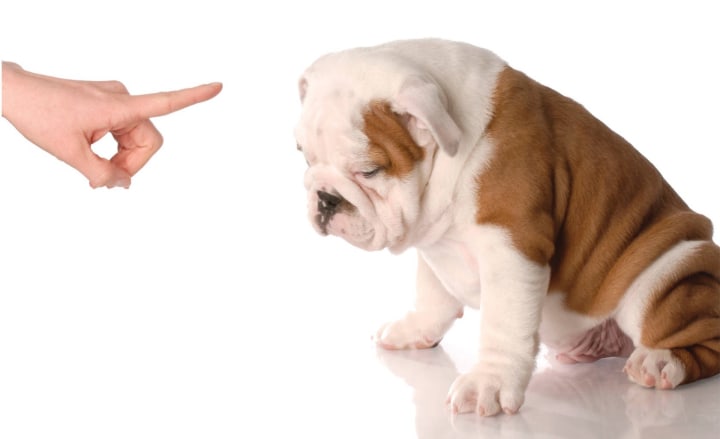
Studies have shown that punishment disproportionately harms smaller dogs' training progress. Small dogs that get punishments more than rewards are far more likely to become aggressive and attack than large dogs are.
Though the findings were shown to be linked to the owners' consistency in training, it's still research worth keeping in mind. So, when training your dog, make a point to praise and reward rather than punish and scold.
Additionally, you may have heard that crate training doesn't work on small dogs. This isn't true! As far as house training goes, it's a great method to use as long as you do it consistently.
Small dogs that are lap dog types may need a word for "lift off."

Small dogs, especially lap dogs, tend to want to be picked up — or at times, may even need to be picked up. A good way to make sure that your dog gets ready to be scooped up is to teach your puppy a special "lift off" position, and to react to a certain word by getting into position.
This way, toting around your puppy will be easier on both you and your buddy.
Understand that your dog may feel somewhat intimidated by people — and work with them to overcome that.
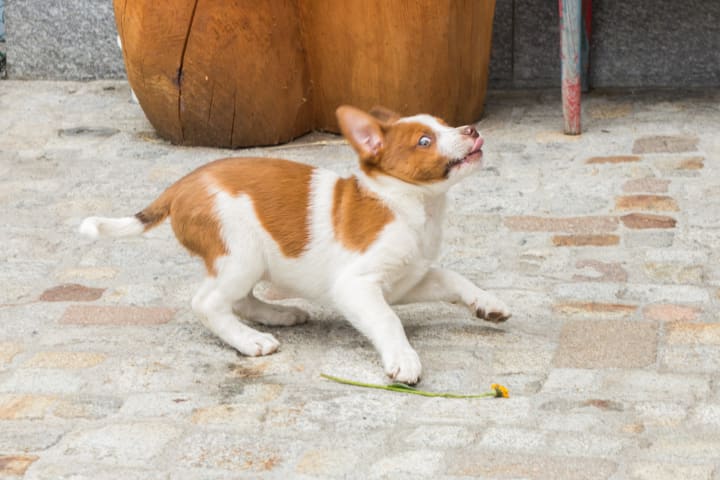
Humans are giants compared to small dogs, so when you're trying to socialize them or train them, you shouldn't be shocked if they are a bit nervous.
Physically lowering yourself to your dog's level will help your dog feel more comfortable taking orders from you — at least, to start.
To use this tip the right way, it's important to learn how to stance yourself in a non-threatening way. As one trainer explained, it's best to slightly hunker down than face a small dog "head on" immediately.
Of course, this can be hard on your back during longer periods of time. That's why sitting on the floor is a better option during puppy training time for many people.
Your small dog is very aware that they are small, so part of learning how to train your small dog means that you need to work with them on that issue.
For example, many small dogs are tough to train to lie down, because that makes a small dog appear even smaller. So, don't be upset or discouraged if they don't do it right off the bat. It may take a couple of months to do it — but eventually, they will.
You also will need to use smaller gear to train your dog.

This should be common sense, but it's still worth explaining when you're learning how to train your small dog. Your dog will need smaller collars, smaller treat portions, smaller toys, and if you're teaching them tricks, they also will need smaller platforms.
Using gear that's too large for them can discourage your puppy, or even injure them. As a result, it's better to invest in tiny dog training gear than to be sorry later.
Lastly, you will need to take extra care when you're learning how to train your small dog around others.
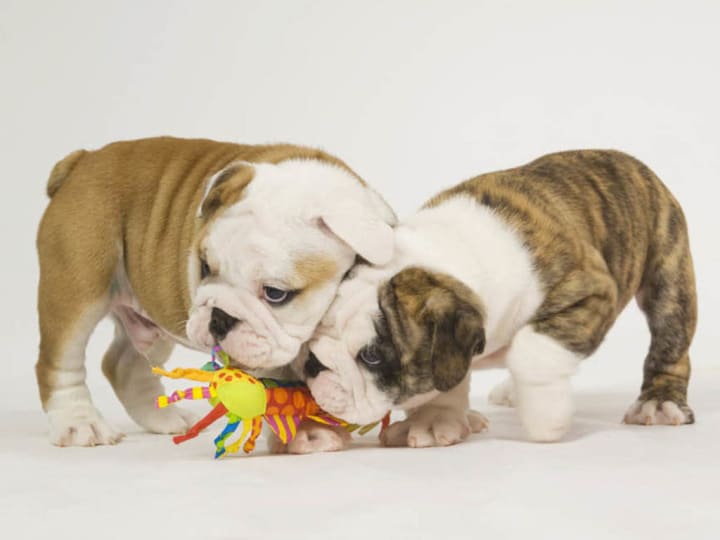
Small dogs are notoriously difficult when it comes to socializing. Due to their small stature, they may get nervous around both people and bigger dogs — so make a point of letting them come around at their own pace.
Dropping them into large crowds or dog parks too quickly could make them get anxious and aggressive. See how they react around others before you let them go nuts at a puppy run.
Additionally, it's worth pointing out that roughhousing can hurt or even kill small dogs. So, do what you can to discourage it, especially if you have a bigger dog at home.
About the Creator
Rowan Marley
Rowan Marley is a 20-year-old sports enthusiast who hails from Brooklyn. When he's not hitting up a local Zumba class, he's drinking organic smoothies. That's just how he rolls.



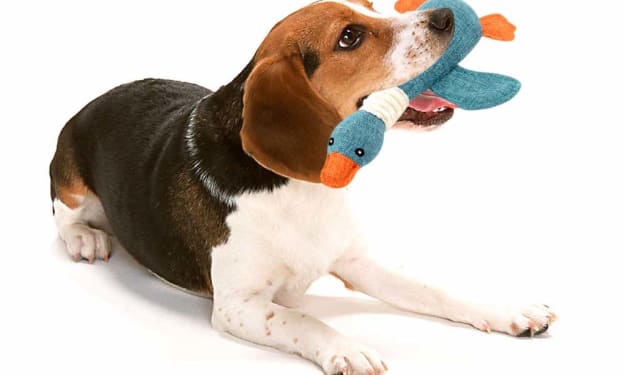



Comments
There are no comments for this story
Be the first to respond and start the conversation.